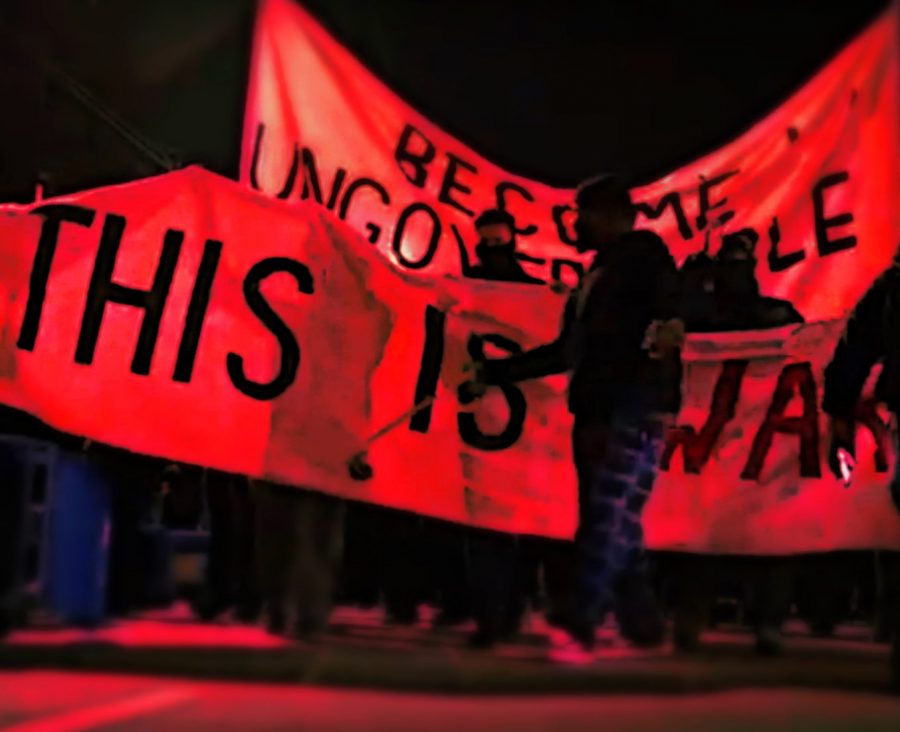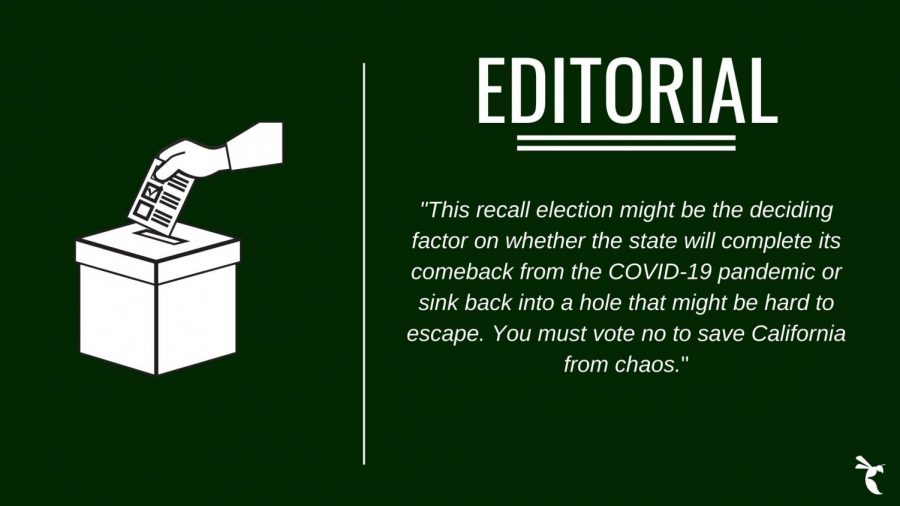The president of the Sacramento State College Republicans demanded that school President Robert Nelsen and ASI President Patrick Dorsey resign if they did not denounce a riot that broke out at UC Berkeley on Feb. 1 in response to a visit by right-wing blogger Milo Yiannopoulos.
The demand came shortly after College Republicans President Mason Daniels and several others attempted to obstruct the path of an anti-Trump march on campus. Several anti-Trump demonstrators responded by telling them “your hate speech isn’t protected here.”
Of course — and to the chagrin of many on the left — the First Amendment of the United States Constitution does protect hateful speech.
This is not to say that the rhetoric of the self-described ‘alt-right’ is anything but repugnant to the very concept of morality.
But attempts to censor Yiannopoulos and white nationalist leader Richard Spencer have the potential to backfire for everyone opposed to the Trump administration.
Those protesters who prevented Yiannopoulos from speaking at UC Berkeley last week, and the two people who punched Spencer in the face last month, must have been emotionally satisfied at going the extra mile to oppose the alt-right — a loosely-connected network of people opposed to multiculturalism and modernity.
But if the alt-right has shown anything in its quick rise from online harassment of female video game developers in 2014 to one of its own working in the White House, it’s that what doesn’t kill it makes it stronger.
The riots sparked at Berkeley have only helped Yiannopoulos — a blogger for Breitbart, the former home of Trump confidant and the aforementioned White House Chief Strategist Steve Bannon — go from an internet curiosity to a household name.
Yiannopolous’ YouTube response to the Berkeley riots has garnered 1.2 million views in just four days, as of press time. Being cast in the role of a victim, Yiannopoulos has become something of a folk hero even for those who do not share his repulsive philosophy.
This has made nobody happier than Yiannopoulos himself, with the possible exception of President Donald Trump, who tweeted that the federal government should consider defunding UC Berkeley.
Trump did not cause the divisions in our country, but he exacerbates them for his political gain. He hopes that by painting all people opposed to his policies as violent anarchists, he can get most Americans to pick him as a lesser of two evils.
Such a strategy worked in the past. According to an August 1968 poll, 53 percent of Americans thought that the U.S. should never have entered the Vietnam War.
Just several months later, however, Republican Richard Nixon and segregationist third party candidate George Wallace won 57 percent of the combined vote not because they were particularly pacifistic, but because they galvanized images of riots, urban crime and political assassinations to scare people into voting for them.
That may be why former Trump campaign chairman Paul Manafort said that Trump’s Republican National Convention speech was specifically modeled on Nixon’s in 1968.
Again, this isn’t to argue against a massive mobilization of Americans from the far left to principled conservatives to oppose Trump and the alt-right, even by taking to the streets in protest.
It is to argue that using violent tactics, smashing windows and burning limousines may be a cathartic release but do nothing to convince a Trump voter to change their mind.
And the violence deals another, more dangerous card to the president.
During the campaign, Trump showed very public disdain for religious liberty, freedom of the press, due process and freedom from cruel and unusual punishment.
Is this really the time to demand that government institutions give up neutrality regarding the content of political speech?
As president, Trump is a far larger threat to the Constitution than a small number of rioters in Berkeley — which is precisely the problem.
Criticism of the First Amendment’s religious and political neutrality is nothing new. It has been charged with fostering “indifferentism” — treating all ideas as equally valid.
All ideas are not equally valid, but censorship only gives the power of deciding what is and is not allowed to be talked about to whoever the most powerful person is — And as the election upset should make clear, that can change very quickly.
No matter how grievous Yiannopoulos or Spencer get, it is government neutrality in political speech that protects everyone’s right to speak freely.
Do we really want to set a precedent that offensive speech should be banned at a time when the president of the United States has praised dictators for murdering their opponents?
By all means protest, organize and vote. But don’t play a character in Bannon’s dystopian play.
Take off your black bloc outfits, be brave enough to go face-to-face with the other side, and let it be said of us — to quote a great leader of a different time — that “this was their finest hour.”




























































































































